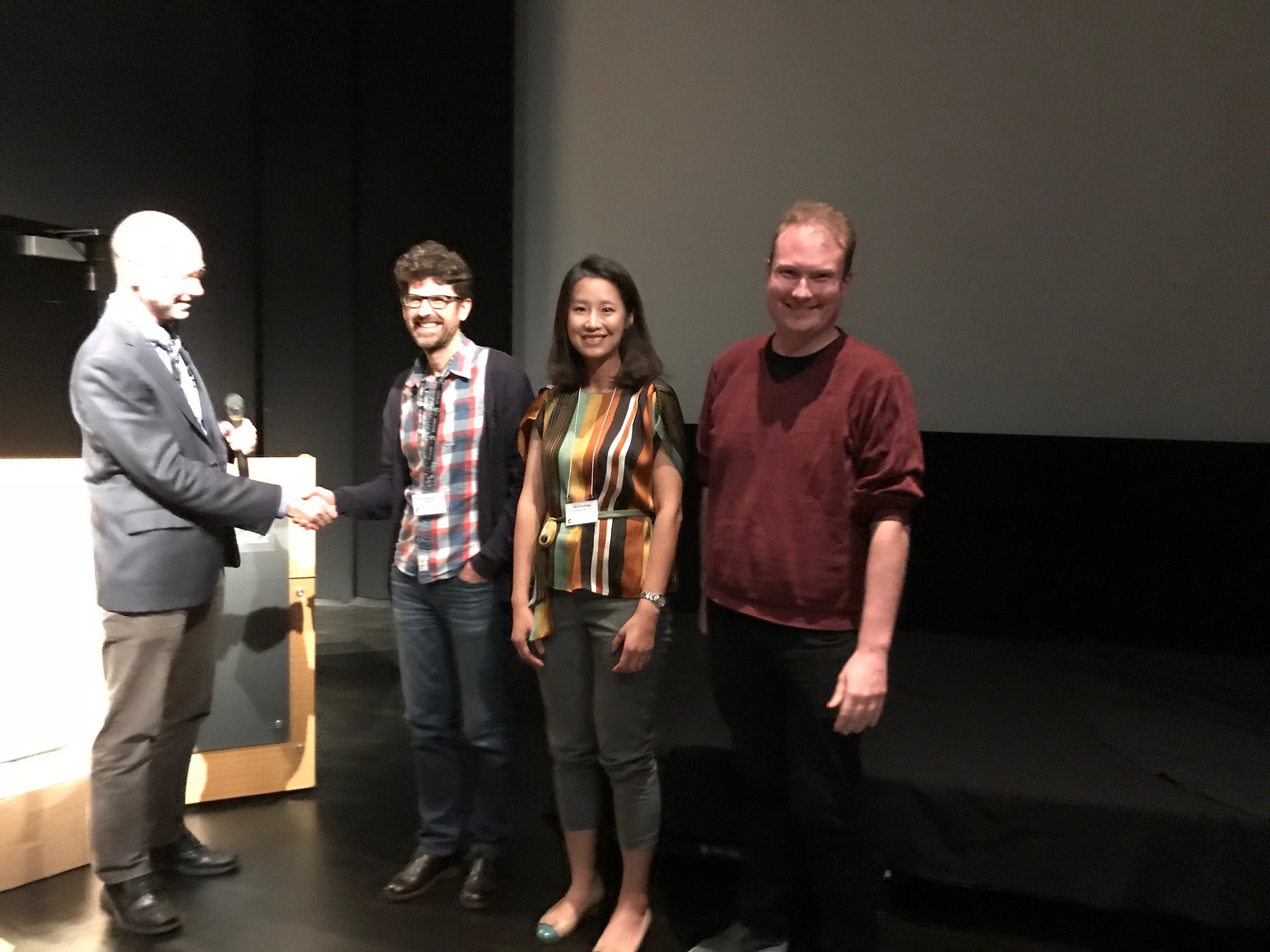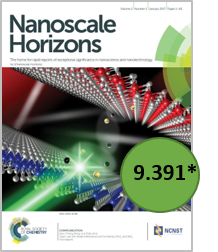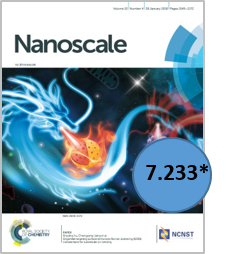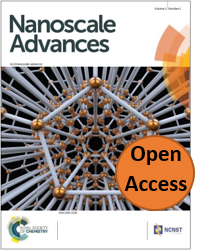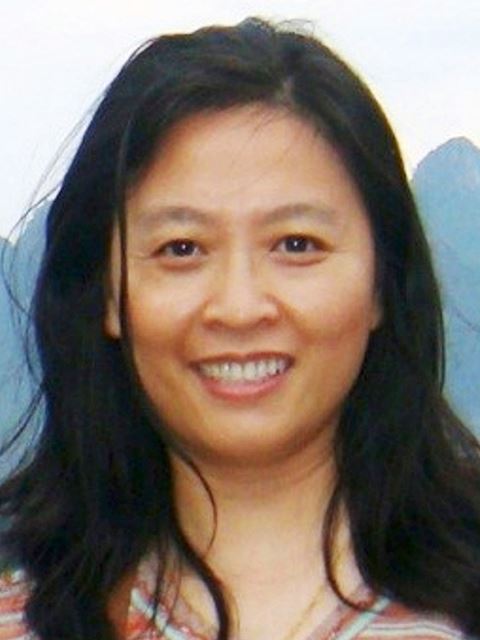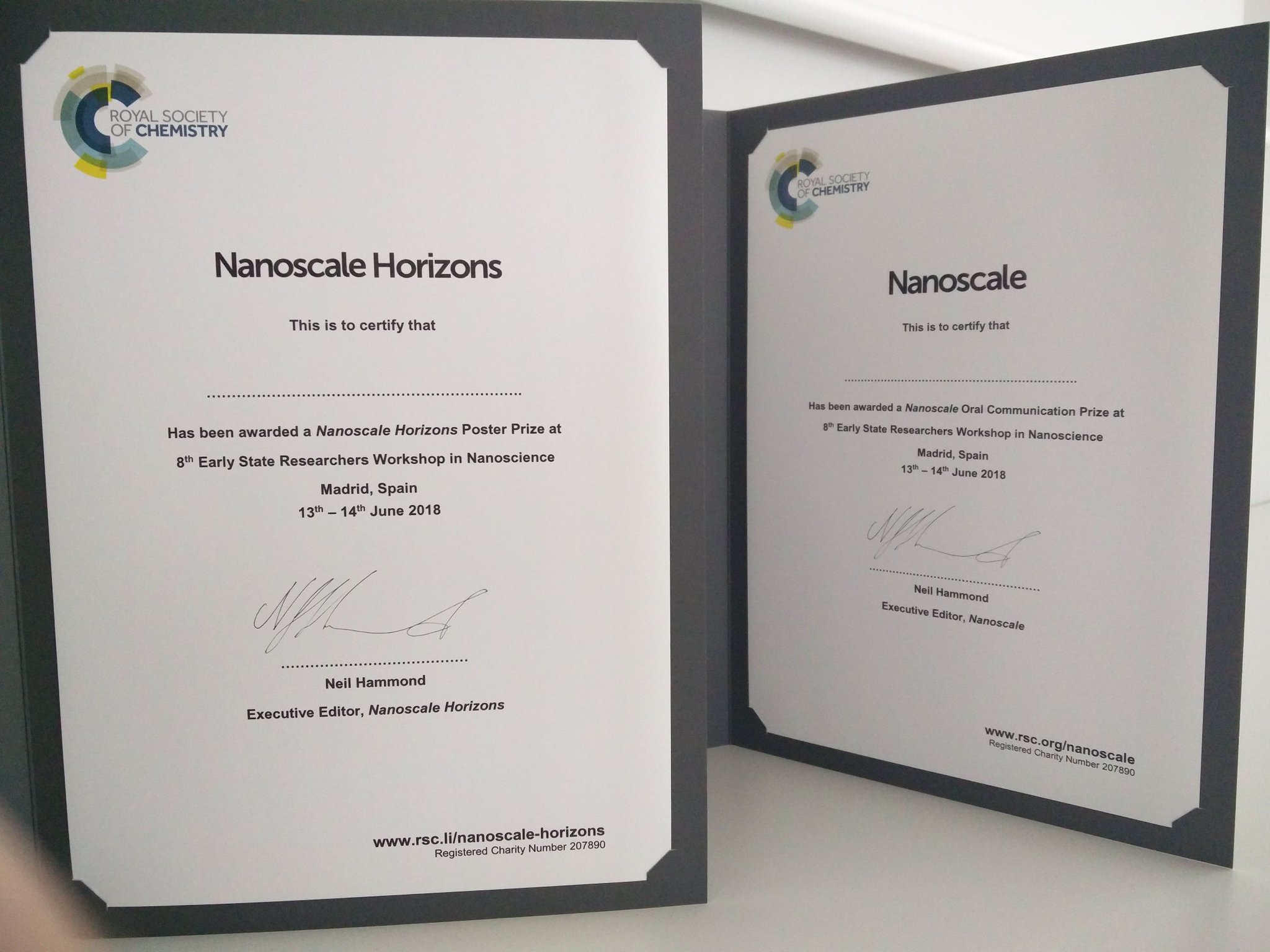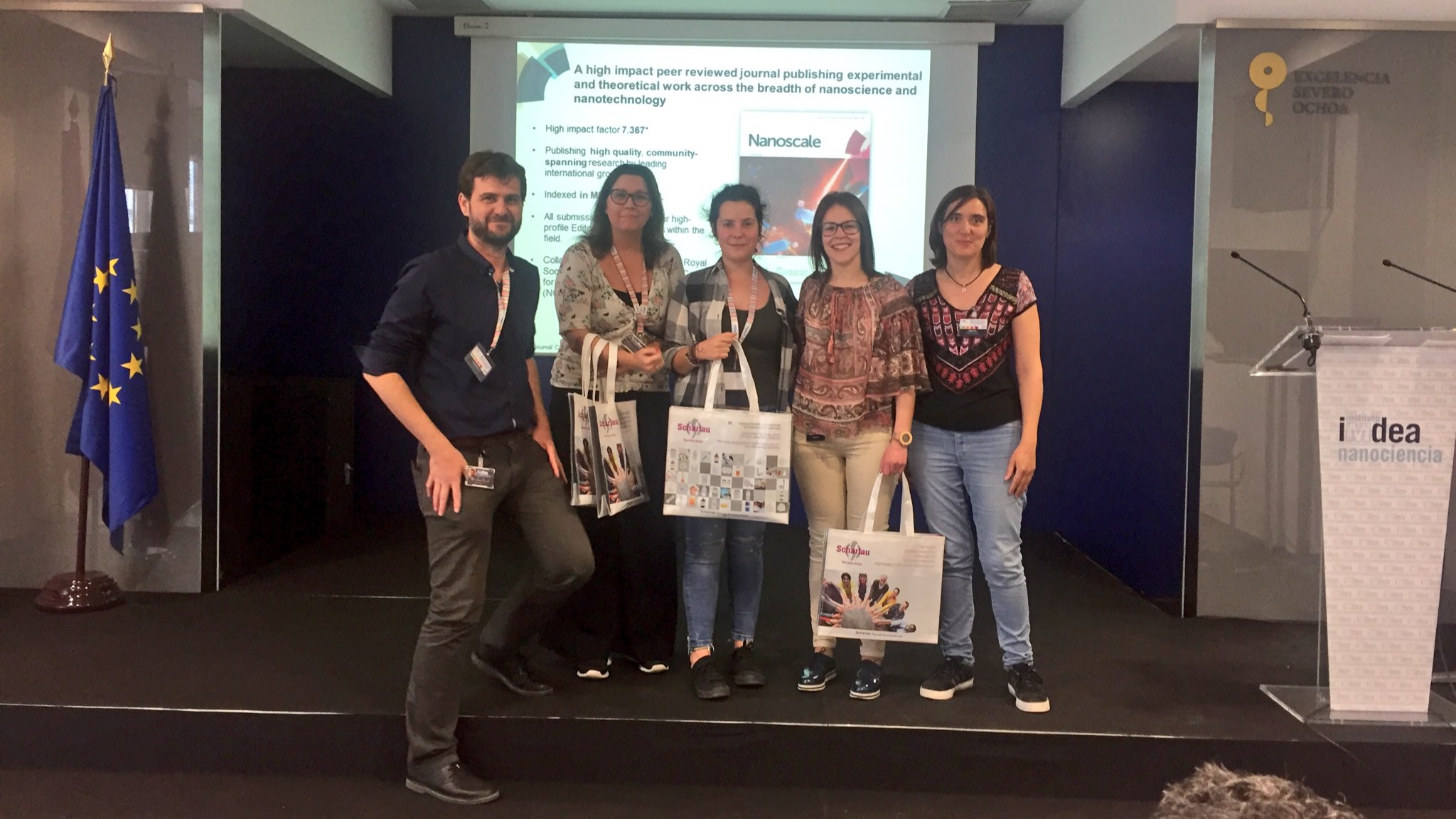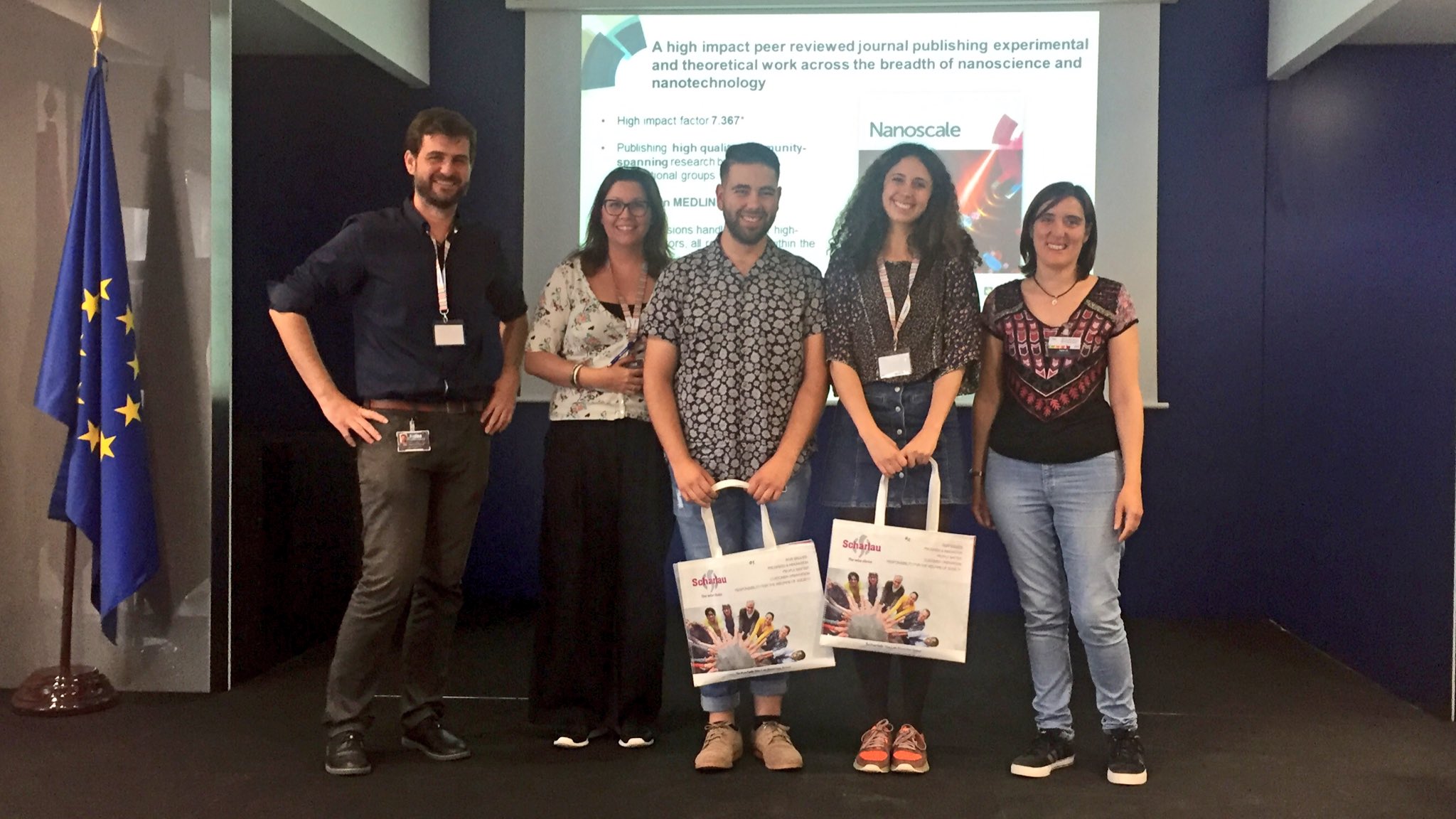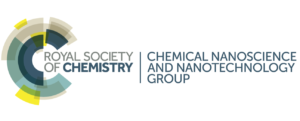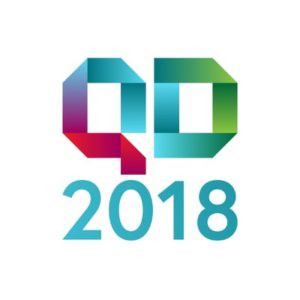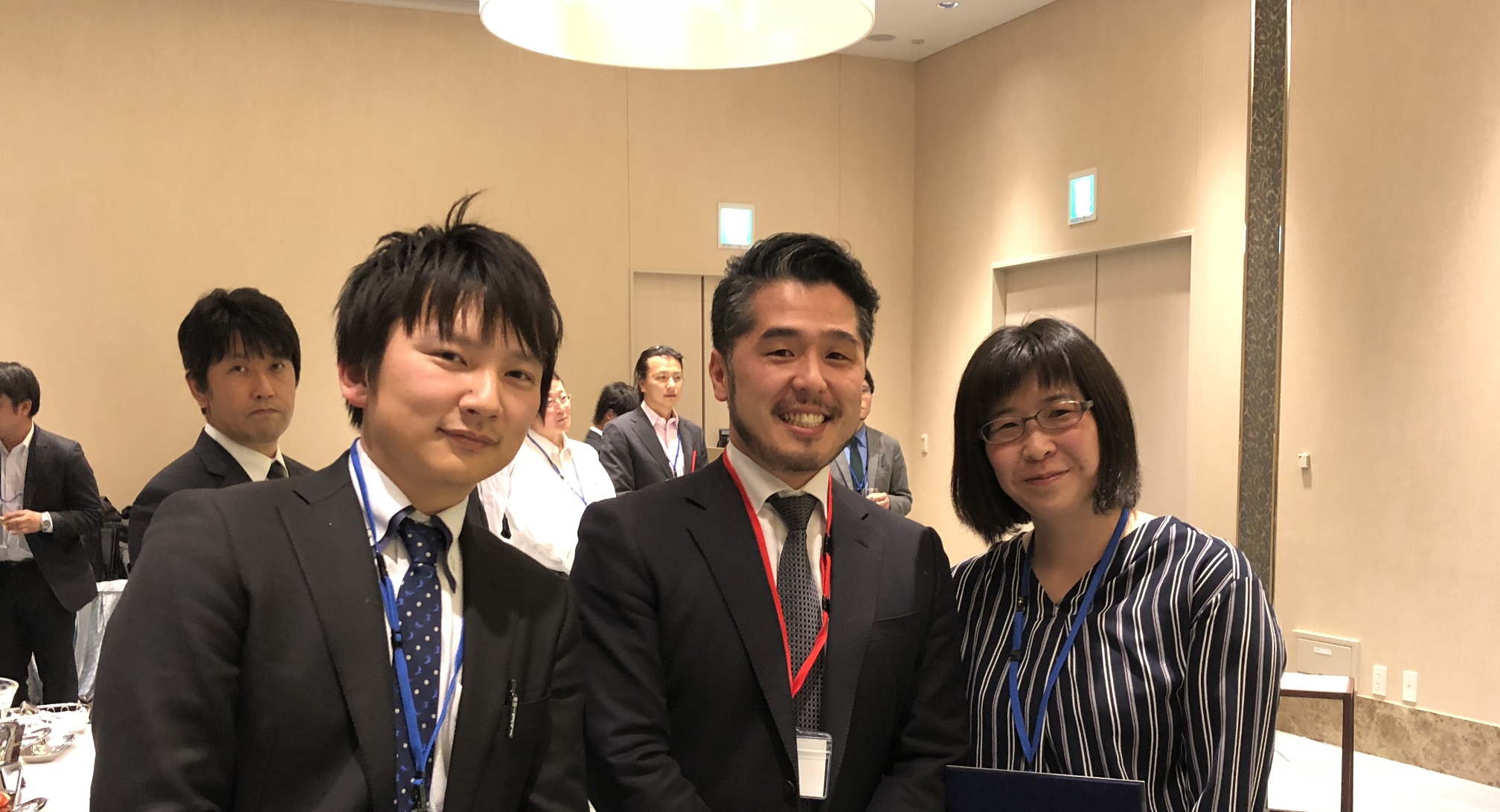
We are delighted to see the support from the community as you continue to contribute outstanding articles showcasing new concepts of exceptional significance to the nanoscience readership.
To celebrate the nanoscience community’s excellent work, we have picked out some content highlights for 2018 so far, which we would like to share with you. All articles are free to access until the end of June – we hope you enjoy reading them.
Reviews
Electron transfer and exciplex chemistry of functionalized nanocarbons: effects of electronic coupling and donor dimerization
Tomokazu Umeyama and Hiroshi Imahori
Nanoscale Horiz., 2018, Advance Article
Group 6 transition metal dichalcogenide nanomaterials: synthesis, applications and future perspectives
Morasae Samadi, Navid Sarikhani, Mohammad Zirak, Hua Zhang, Hao-Li Zhang and Alireza Z. Moshfegh
Nanoscale Horiz., 2018, 3, 90-204
Communications
Nanoscale membrane architecture of healthy and pathological red blood cells
Andra C. Dumitru, Mégane A. Poncin, Louise Conrard, Yves F. Dufrêne, Donatienne Tyteca and David Alsteens
Nanoscale Horiz., 2018, 3, 293-304
Visible light active nanofibrous membrane for antibacterial wound dressing
Shuai Jiang, Beatriz Chiyin Ma, Wei Huang, Anke Kaltbeitzel, Gönül Kizisavas, Daniel Crespy, Kai A. I. Zhang and Katharina Landfester
Nanoscale Horiz., 2018, Advance Article
Improving analyte selectivity by post-assembly modification of metal–organic framework based photonic crystal sensors
A. von Mankowski, K. Szendrei-Temesi, C. Koschnick and B. V. Lotsch
Nanoscale Horiz., 2018, Advance Article
Graphdiyne: a superior carbon additive to boost the activity of water oxidation catalysts
Panyong Kuang, Bicheng Zhu, Yuliang Li, Huibiao Liu, Jiaguo Yu and Ke Fan
Nanoscale Horiz., 2018, 3, 317-326
Sliced graphene foam films for dual-functional wearable strain sensors and switches
Qingbin Zheng, Xu Liu, Hongru Xu, Ming-Shu Cheung, Yuk-Wa Choi, Hsing-Chih Huang, Ho-Yin Lei, Xi Shen, Zhenyu Wang, Ying Wu, Soo Young Kim and Jang-Kyo Kim
Nanoscale Horiz., 2018, 3, 35-44
At Nanoscale Horizons, our reviewing standards are set extremely high to ensure we only publish first reports of new concepts across the breadth of nanoscience and nanotechnology research.
Contact us: nanoscalehorizons-rsc@rsc.org
Follow us: Homepage | Twitter | Facebook | Blog | RSS
Click here for 2018 Highlights in our sister-journal Materials Horizons or sign up to our newsletters for more regular journal-specific updates.
Comments Off on Highlights from Nanoscale Horizons so far in 2018

